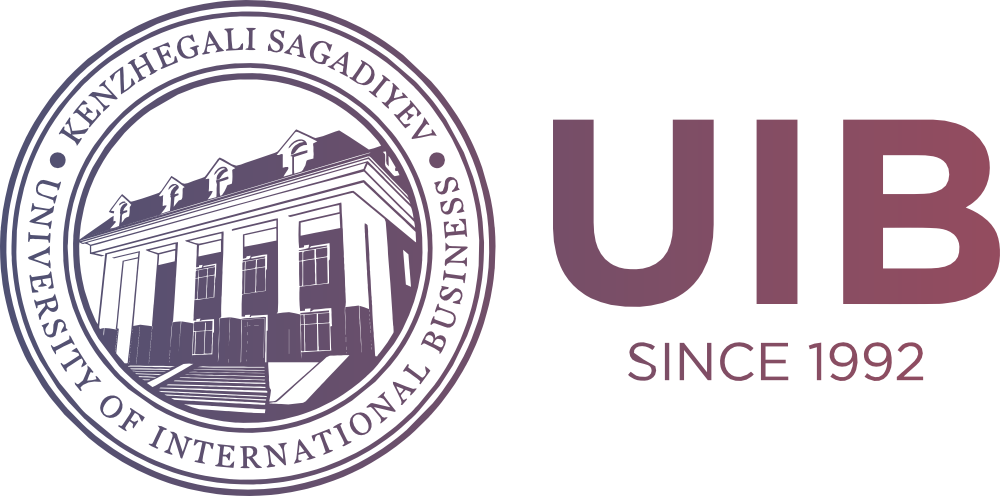Exploring the Impact of Market Orientation and Innovation on Firm Performance in the Beverage Industry: The Mediating Role of Innovation
DOI:
https://doi.org/10.47703/ejebs.v1i67.256Keywords:
Market Orientation, Innovation, Firm Performance, Beverage Industry, business, GeorgiaAbstract
This study examined the relationships between market orientation, innovation and firm performance. Beverage industry firms operating in Georgia were chosen as the sample. The study employed the partial least squares structural equation modelling (PLS-SEM) path model to test the hypotheses. The research data were obtained from the 319 employees of 18 businesses by using the survey technique form. According to the findings, market orientation and innovation have a significant and positive relationship with firm performance. A significant and positive relationship was also found between market orientation and innovation orientation. Furthermore, it was found that innovation is the significant mediator between market orientation and firm performance. The findings suggest that beverage firms in Georgia strongly perceive themselves as market-oriented and consider innovation as a crucial factor in enhancing their performance and competitive advantage. Therefore, it is recommended that beverage companies invest more in innovation and foster a culture of innovation within their organizations. Collaboration with other businesses, especially technology companies, could also lead to new ideas and innovations. Additionally, since the export of beverage companies in Georgia is on the rise, firms should focus on expanding their markets through exports and potentially collaborate with other businesses in other countries.
Downloads
How to Cite
Downloads
Published
Issue
Section
License

This work is licensed under a Creative Commons Attribution 4.0 International License.
Authors retain copyright and grant the journal right of first publication with the work simultaneously licensed under a Creative Commons Attribution (CC-BY) 4.0 License that allows others to share the work with an acknowledgment of the work’s authorship and initial publication in this journal.


